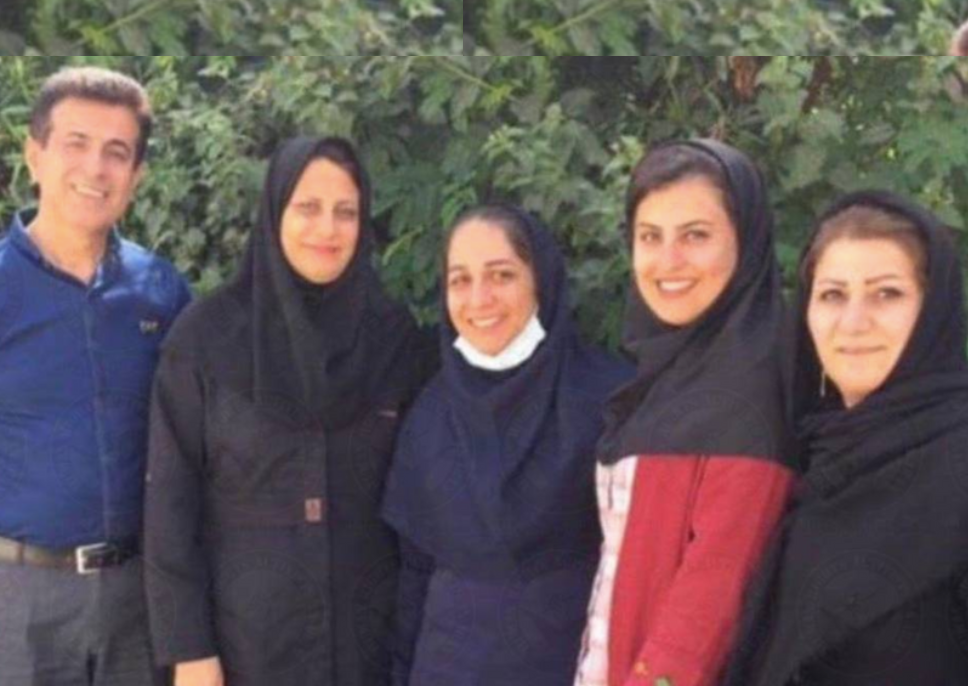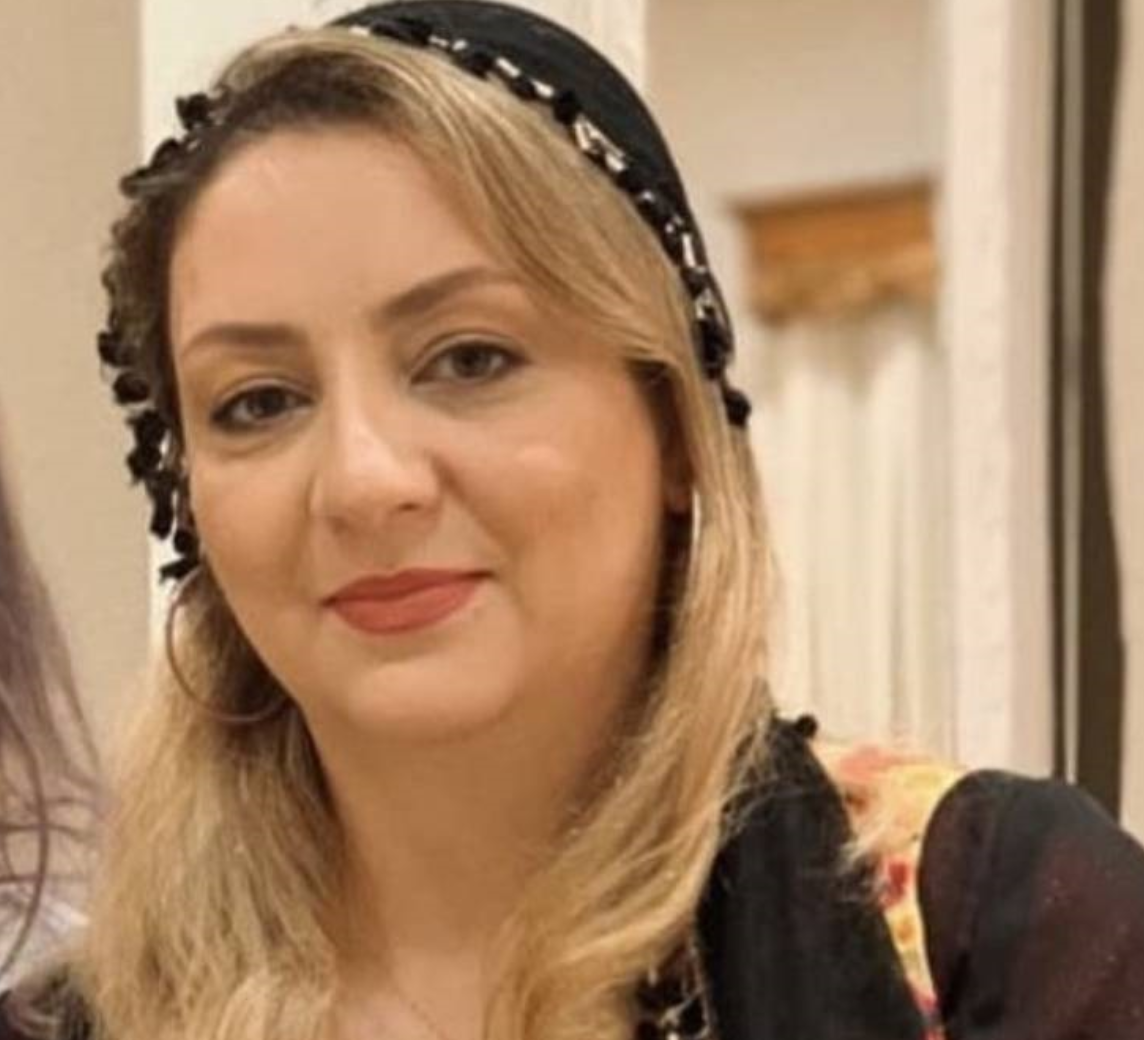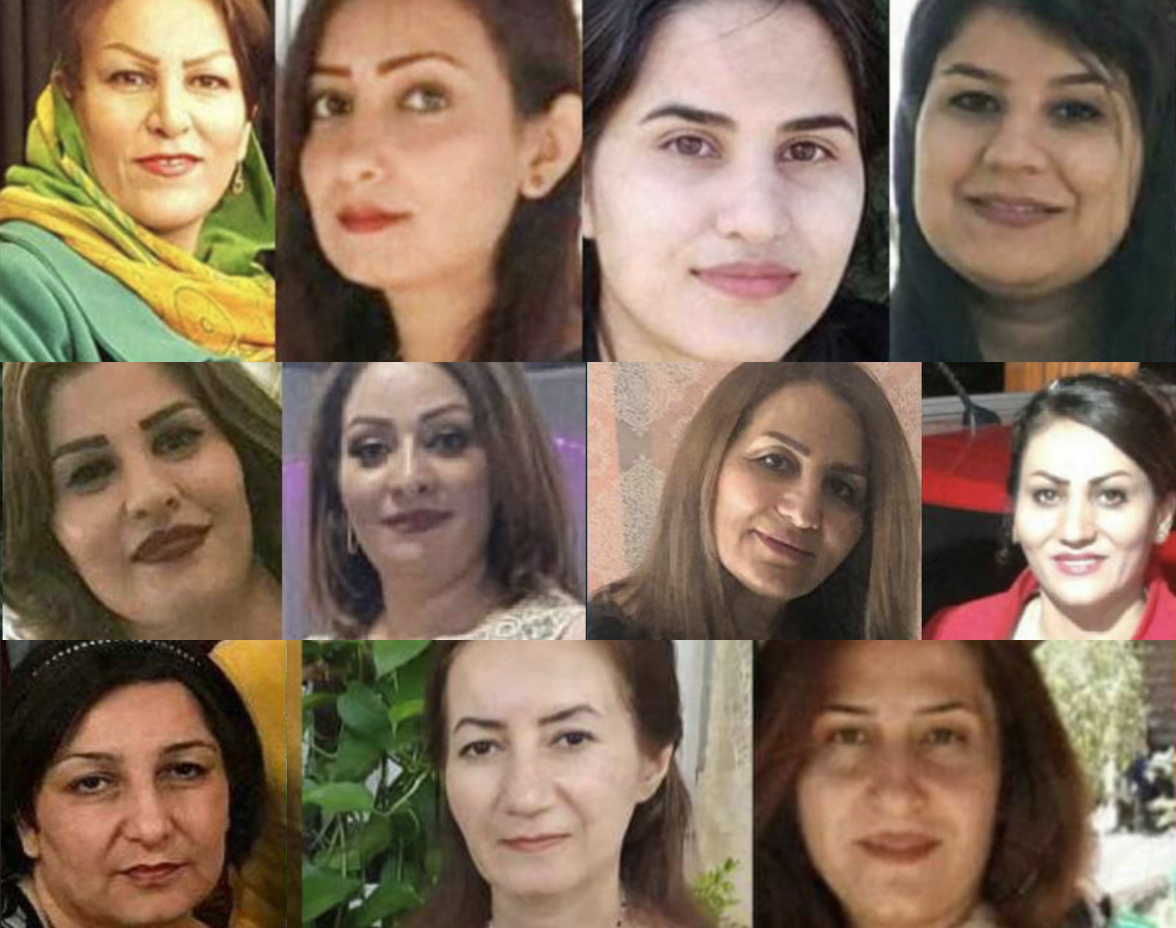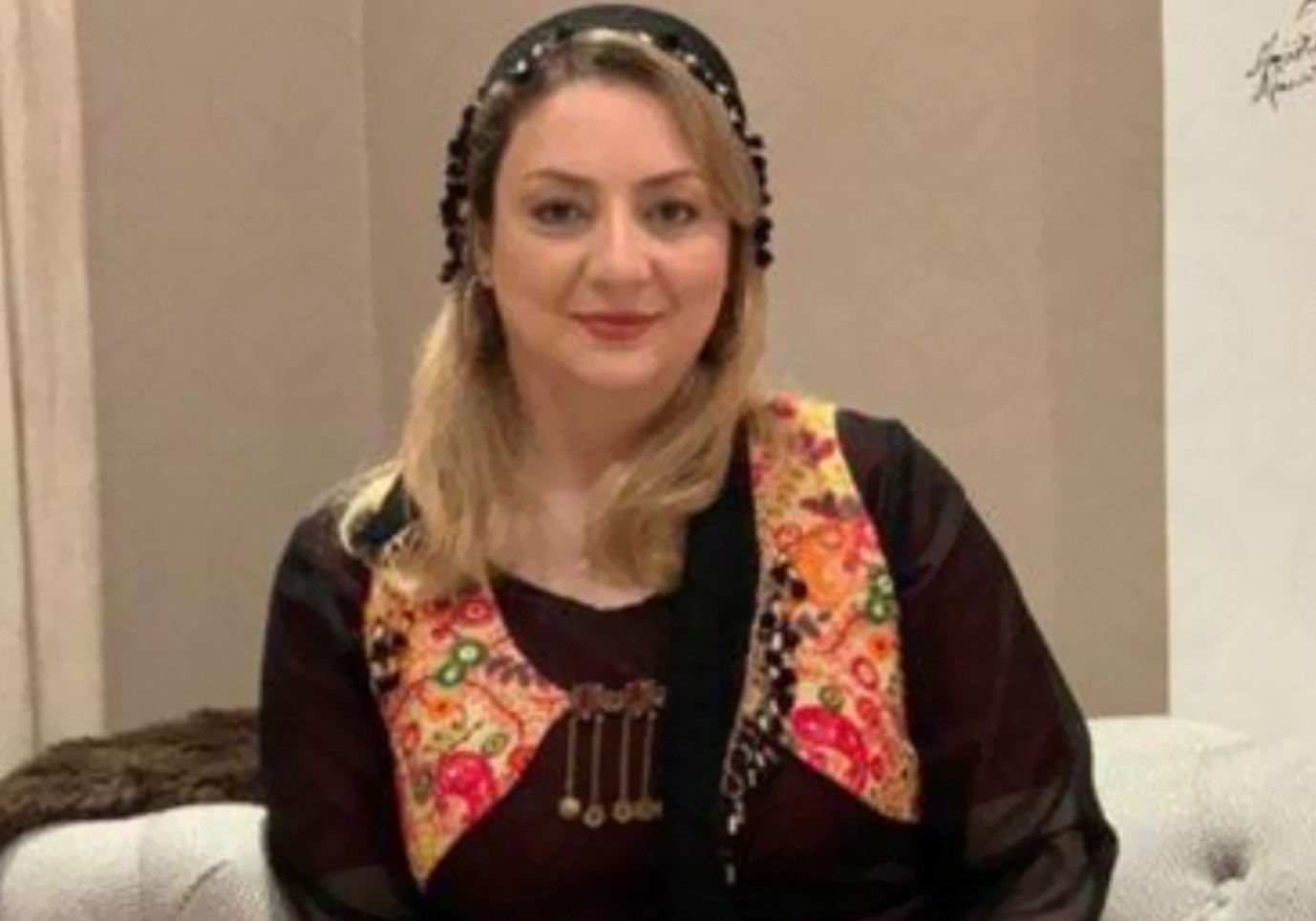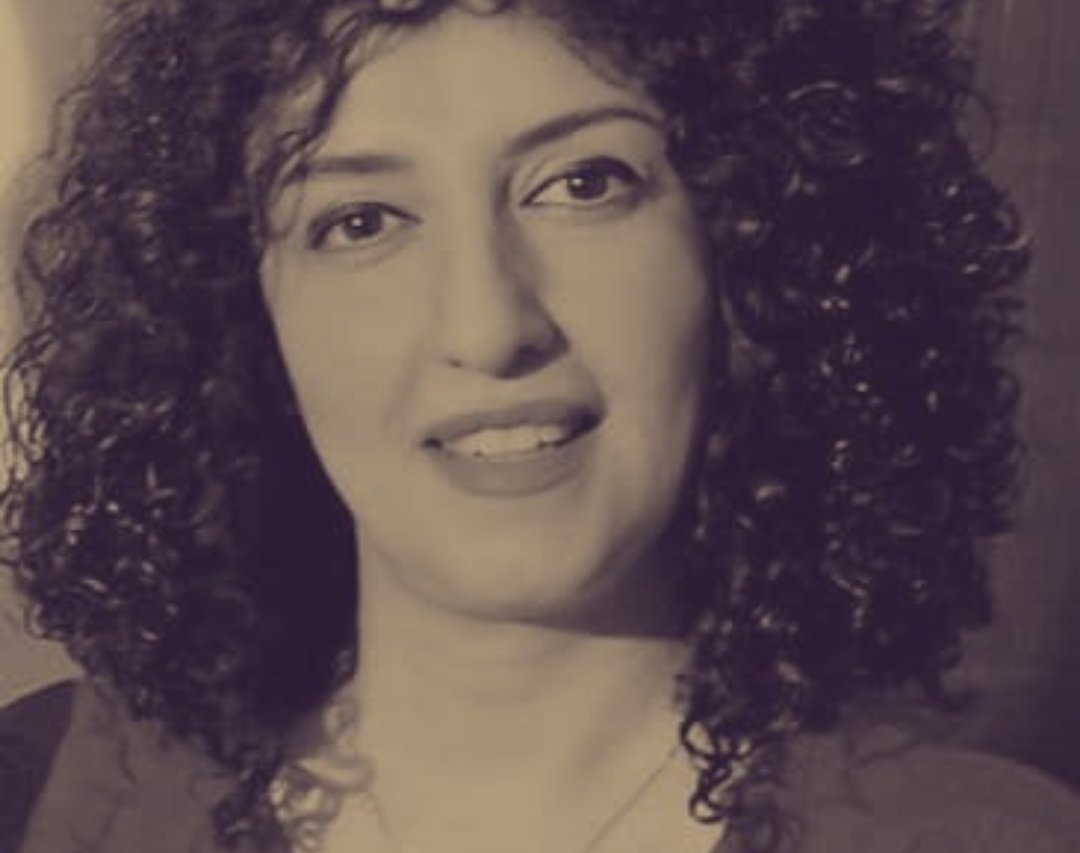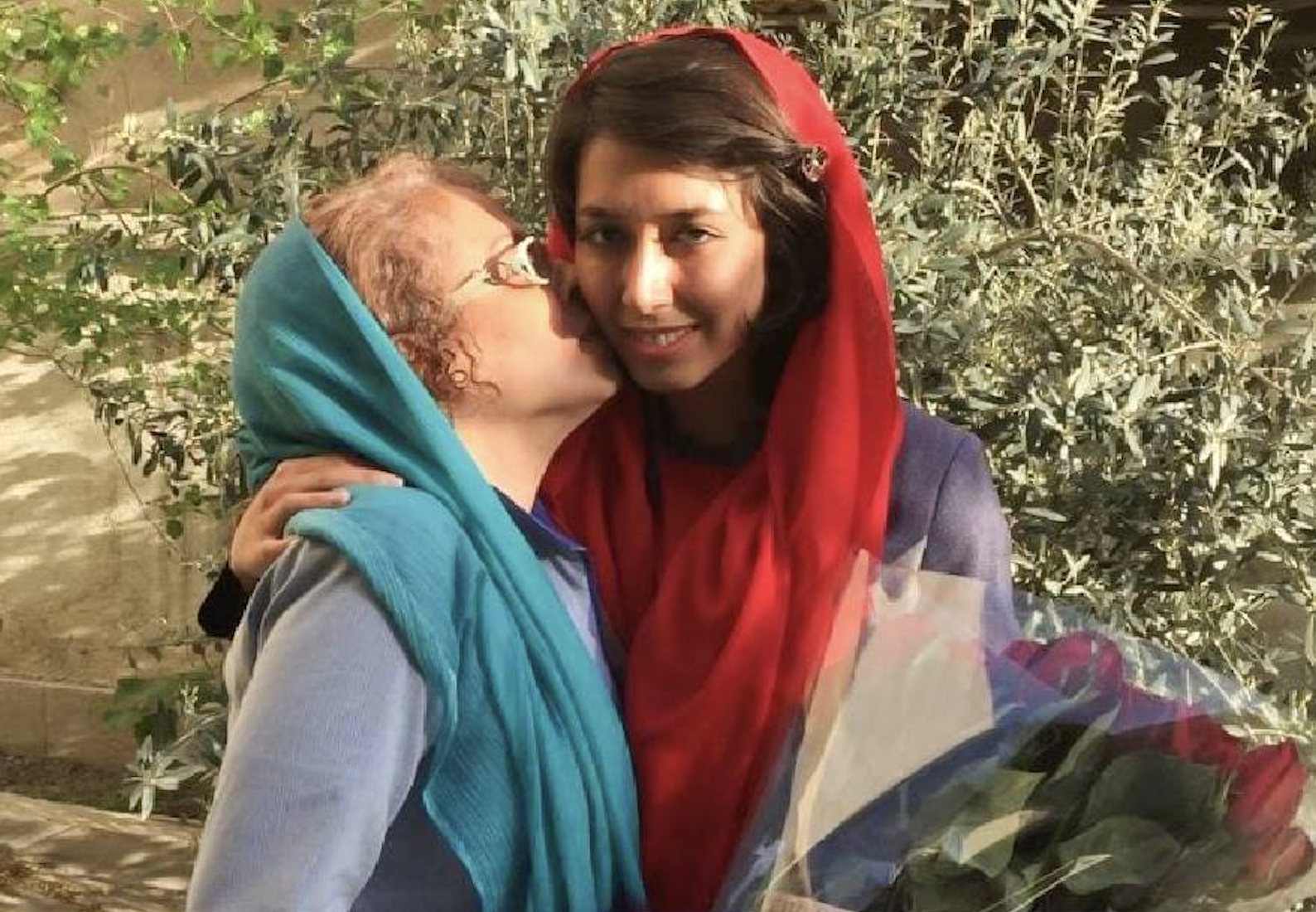Saba Kord Afshari, an activist imprisoned in Qarchak Prison in Varamin, has given a statement since ending her hunger strike on May 17.
According to HRANA, the news agency of Human Rights Activists, 22-year-old Kord Afshari had been on a hunger strike since May 8 to protest the increasing pressure on her family and family of fellow political prisoners, and to demand the release of her mother, Raheleh Ahmadi.
Kord Afshari has written a letter explaining her physical condition and the reasons why she ended the strike. Below is the full letter, which was provided to HRANA to be published:
” For years, protests and strikes have been answered with beatings and bullets. For years, when we have opened our mouths to talk about the oppression of our rights and beliefs, the only answers we have received have been arrest, solitary confinement, physical and mental torture, imprisonment, and execution.
It has been years of families seeking justice for the murder and imprisonment of their children, and then receiving nothing but the same treatment.
For years [the regime] has been trying to destroy thoughts, reason, and the right to choose. It has tried to spread dogmatism and to turn its people into unquestioning robots.
But they can never inject us with what is in their rusty brains. They cannot impose upon us the ideas that even they themselves do not believe. They treat our raised fists with guns and weapons, and they destroy the pens that express our beliefs and aspirations.
The same goes for prisons. They use a variety of methods to silence the prisoner, whose only tool to fight is hunger strike and sit-down strike. Demands are met with violence.
You destroyed our bodies and our pens; but how can you destroy the thoughts that we are not afraid to express? The struggle for freedom does not end with pressure or threats, but instead finds a way to prevail in a stormy environment.
On May 8, 2021, I started a hunger strike demanding an end to the pressure on families of political prisoners and the release of my mother, Raheleh Asl Ahmadi; but unfortunately, my physical condition is not good.
I am fully aware that human lives are of no value to the Islamic Republic, so I am ending my hunger strike, but I am still seeking to fulfill my demands.
Oppression has never lasted and it never will.”
Saba Kordafshari / May 17, 2021 / Qarchak prison in Varamin.





